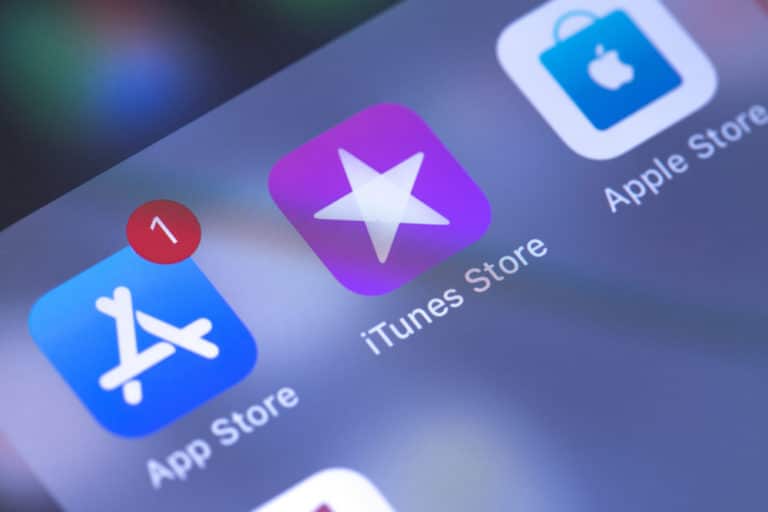Apps that allow users to hold virtual meetings for a fee do not have to pay a commission to the App Store for the time being. Apple had already postponed this deadline from December 2020 to June 2021, but this deadline also turned out to be too early.
The deadline has now been pushed back to 31 December 2021, Apple told in a brief message on its website. The delay concerns the participation costs in a virtual event, not for the app itself. Think of virtual classes or group events that require a ticket to participate in. In time, Apple wants to charge the same commission for tickets within apps that facilitate this as the company already charges for in-app purchases. This is a commission of 15 or 30 percent, depending on revenue. If you buy a concert ticket in the future through an iOS app, 30 percent will go to Apple.
Earlier postponement for implementation time
Apple says the company is postponing mandatory commissions because of the Covid-19 pandemic. Because of the pandemic, the world still relies heavily on digital services to replace live events. This is a different reason than when the company announced the earlier postponement last fall. Back then, the company said it wanted to give developers more time to develop solutions for in-app purchases.
It is strange that Apple now comes up with a different reason for the postponement of its services. The extra six months should have been enough to implement the payment systems, and last autumn Apple could have seen coming that the Covid-19 pandemic would not be completely resolved by the summer.
Fear of backlash?
Presumably, the reluctance to implement the new policy has to do with the controversy and lawsuits Apple is currently involved in regarding its App Store policy. Several app developers are complaining about the commission Apple charges for virtually all app purchases made on iOS. For the app itself and in-app purchases, Apple charges a 30 percent commission, although the company has recently lowered the commission for developers who generate less than a million dollars in revenue a year through the App Store. They only have to pay 15 percent to Apple.
Apple may fear further backlash and lawsuits if it also starts charging for group events via iOS apps. Especially during the Covid-19 pandemic, many people depend on such apps, and it won’t put Apple in a positive light if it tries to capitalise on this.
